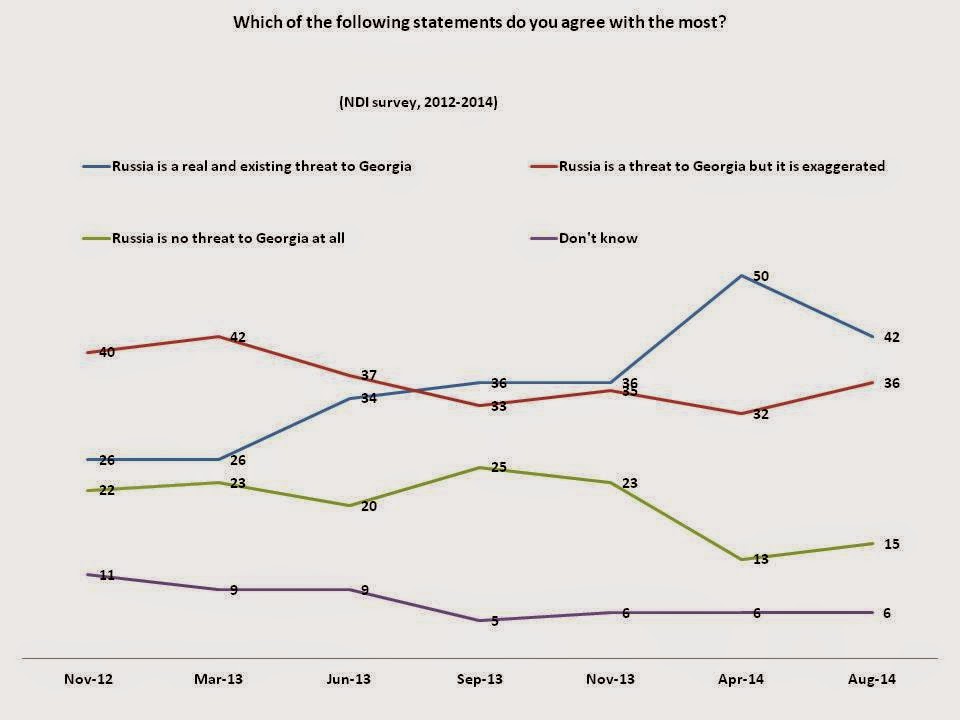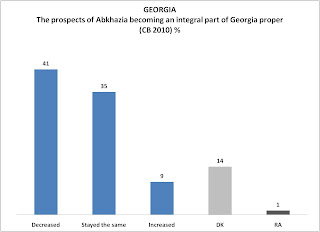
While Russia regularly warns against the supposed negative consequences of ‘colour revolutions’, data from the Varieties of Democracy project suggests that anti-regime protests leading to changes of government in former Soviet countries have led to lower corruption, cleaner elections, and…



